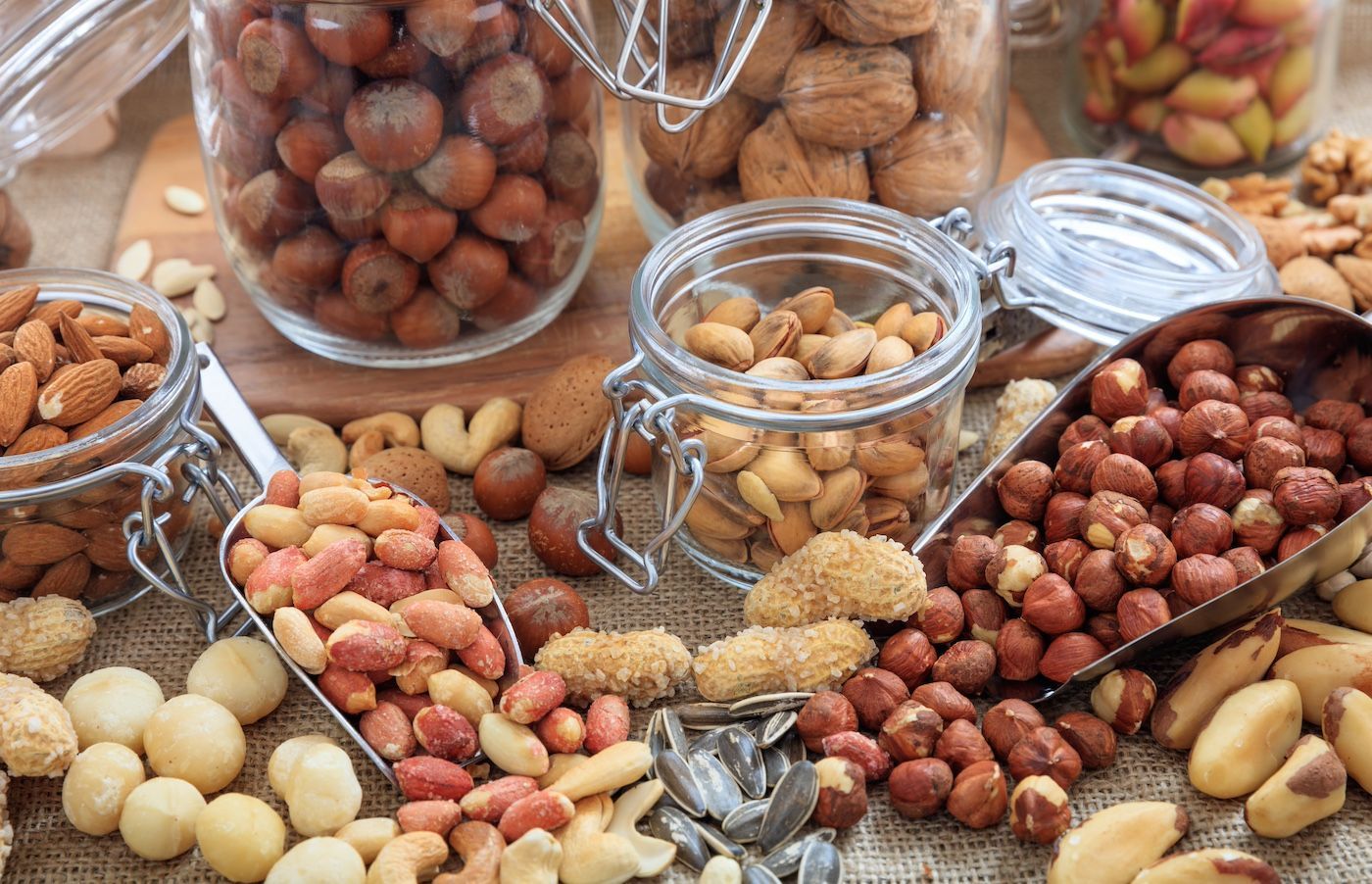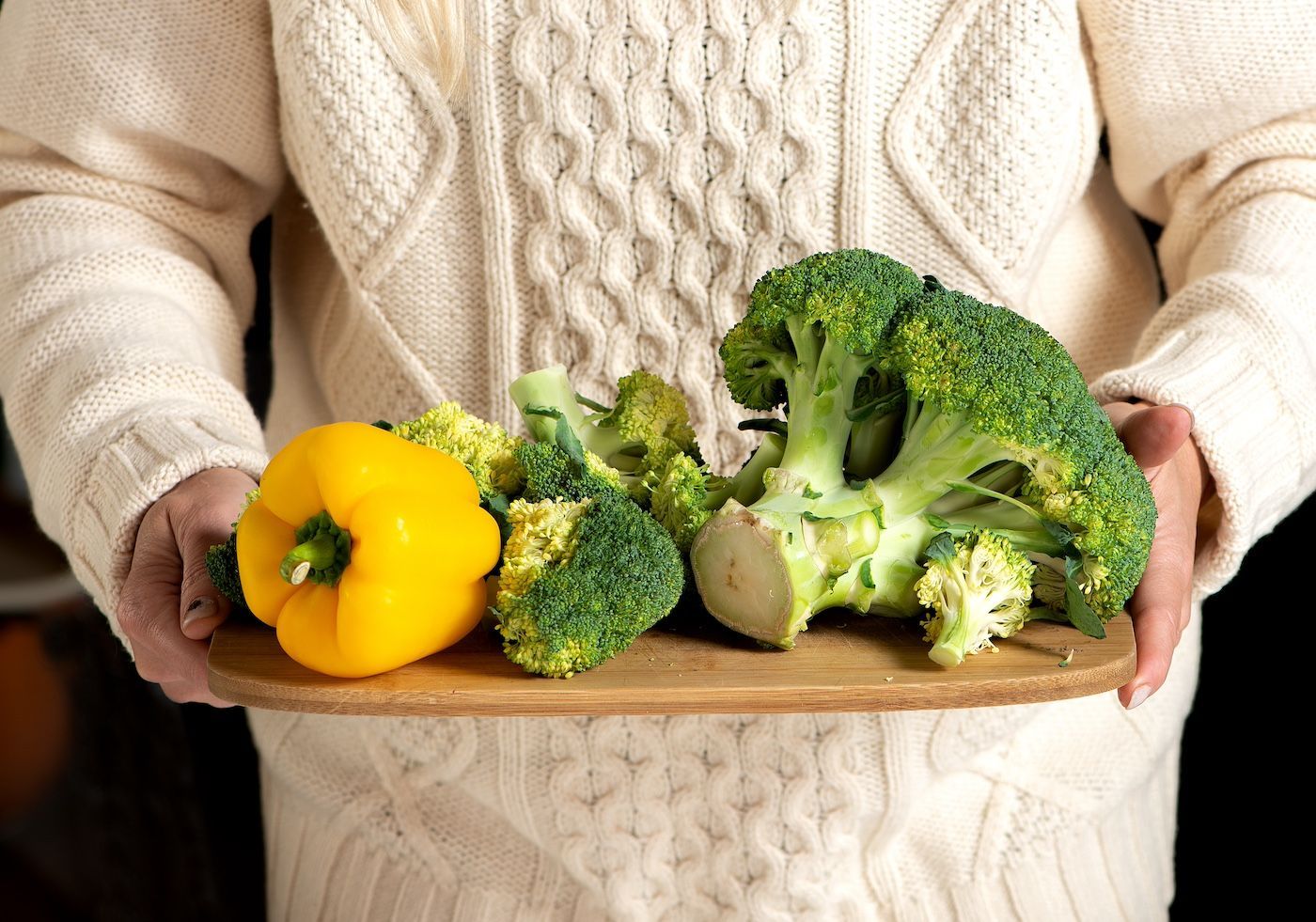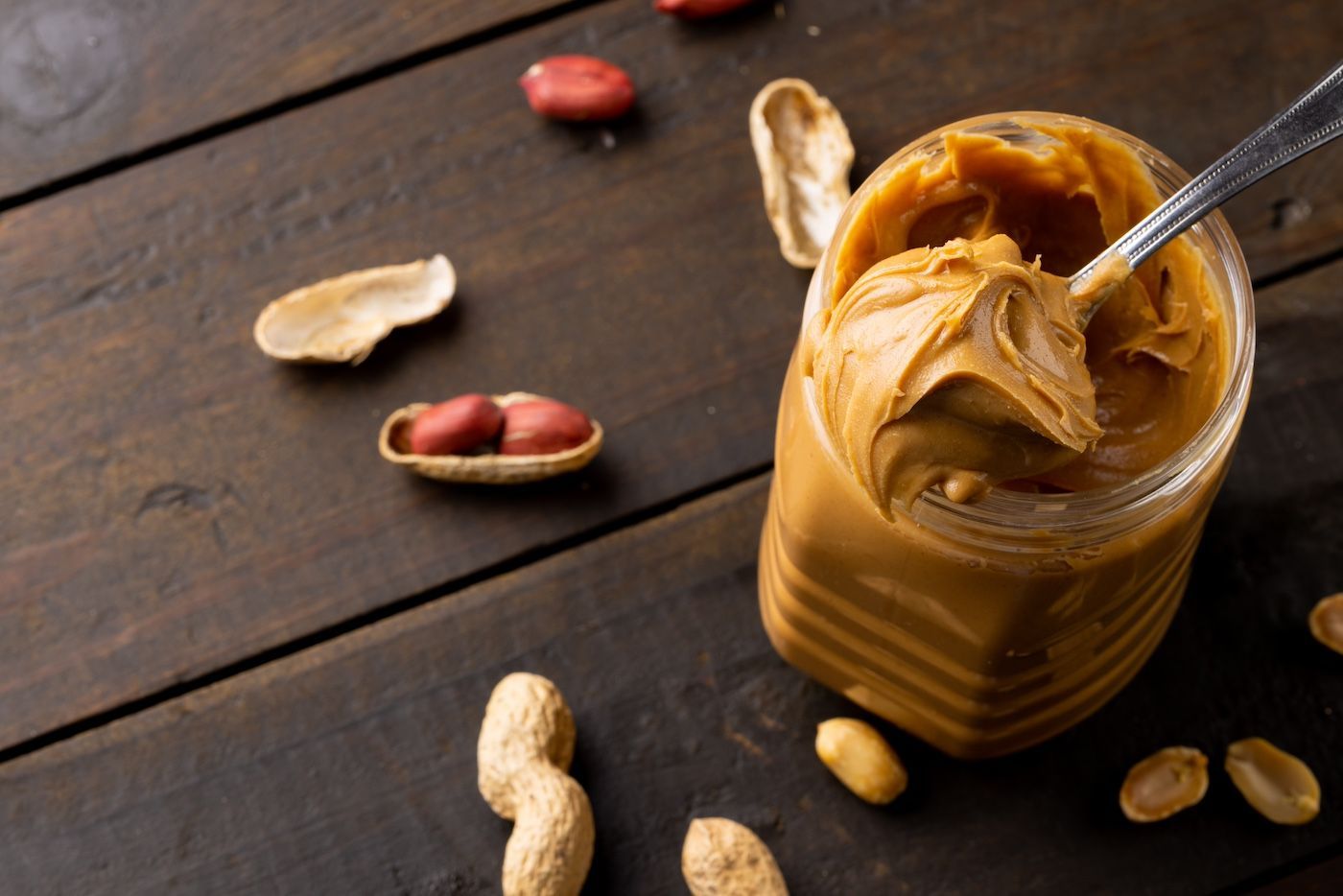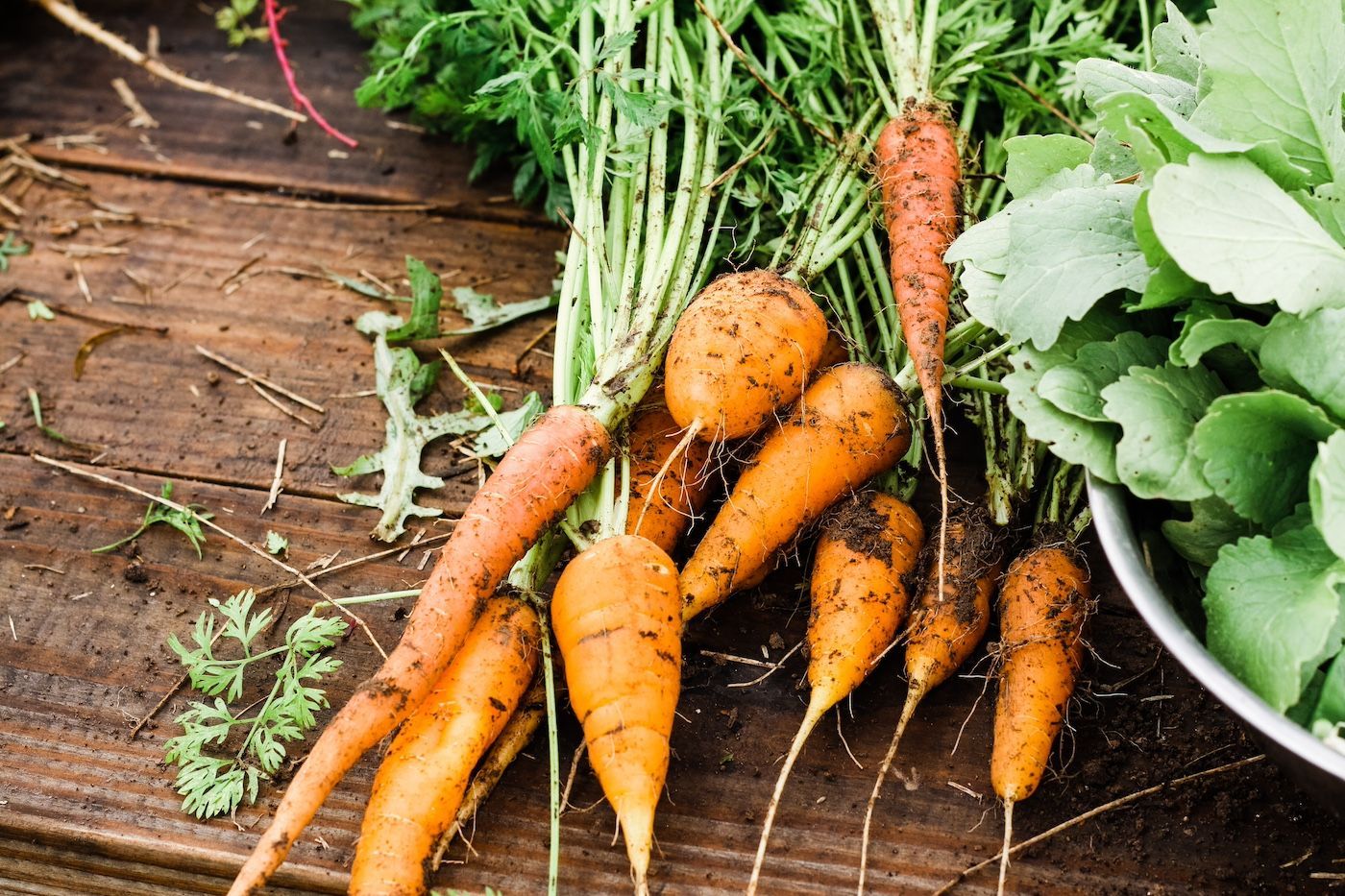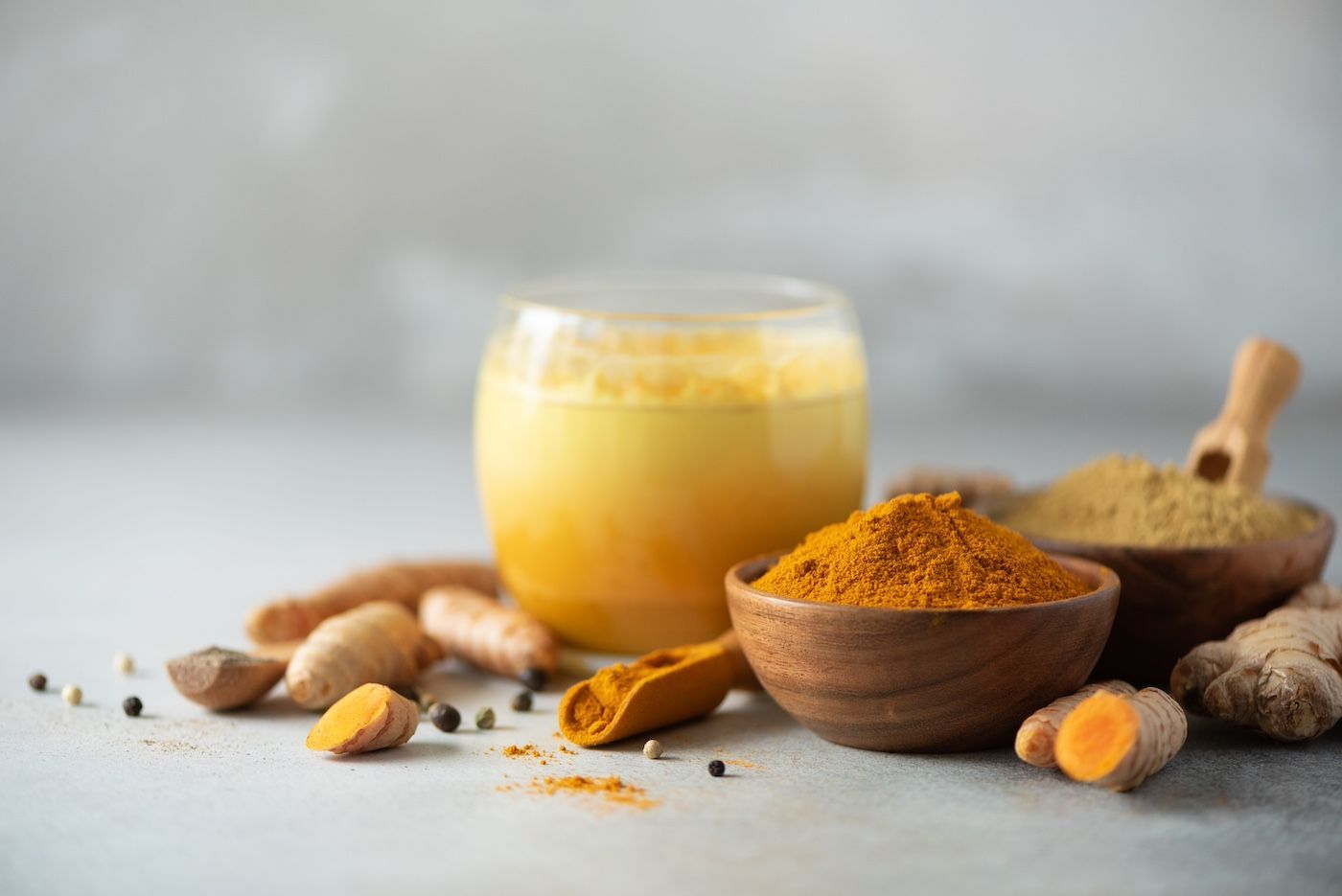Chews Your Health
Lectins

What are Lectins?
Lectins are proteins that bind to carbohydrates. They cause interference with the absorption of nutrients, cause indigestion and bloating, and cause issues with metabolism. How does this happen? Lectin cannot be digested in the small intestine, therefore it can penetrate the cellular walls of the intestines, causing damage and loss of cells of the gut, poor gut flora (“good” bacteria – probiotics containing strains such as Streptococcus thermophilus, Bifidobacterium bifidum, and Lactobacillus salivarius can help this), and can cause damage to the immune system.
Which foods contain lectins?
- Beans: soy, kidney, navy, pinto, lima, fava, and string beans
- Sweet and green peas
- Lentils
- Grains: barley, corn, rice (white is better than brown due to processing), wheat, and cereals
- Fruits: berries, pomegranate, grapes, cherries, apples, watermelon, bananas, papaya, plums, currants
- Vegetables: potatoes, sweet potatoes, zucchini, carrots, rhubarb, beets, mushrooms, asparagus, turnips, cucumbers, pumpkin, sweet peppers, radishes
- Nuts: walnuts, hazelnuts, peanuts, coconuts
- Seeds: sunflower, sesame
- Spices: caraway, nutmeg, peppermint, marjoram, garlic
- Coffee, chocolate
How to prepare foods with lectins
Luckily, lectins can be inactivated by just 15 minutes of cooking, sauteing, boiling, and pressure cooking (exception: dry heat in an oven: If you use seed, nut, or legume flour for baking, be sure it is sprouted, soaked, or leavened first!). Always soak dry beans before cooking, and never eat them raw when dry. Another line of defense is lectin’s ability to bind to carbohydrates which also causes inactivation. Fermentation of foods with lectin can also make foods digestible and harmless, as does the addition of probiotics into the diet. Lectins aren’t all bad, as they are biologically needed in the body to carry out apoptosis (programmed cell death), control inflammation, and help with cell adherence. Therefore, lectins are not something to WORRY about for those who eat a balanced diet of non-sugary carbohydrates, fat, and proteins, take time to cook/prepare their food, and do not have an autoimmune disease or allergy to legumes. We will talk about autoimmune next week! Call for a free consultation of your gut today, as Chews Your Health offers counsel on elimination diets to discover which foods are best for YOU.

